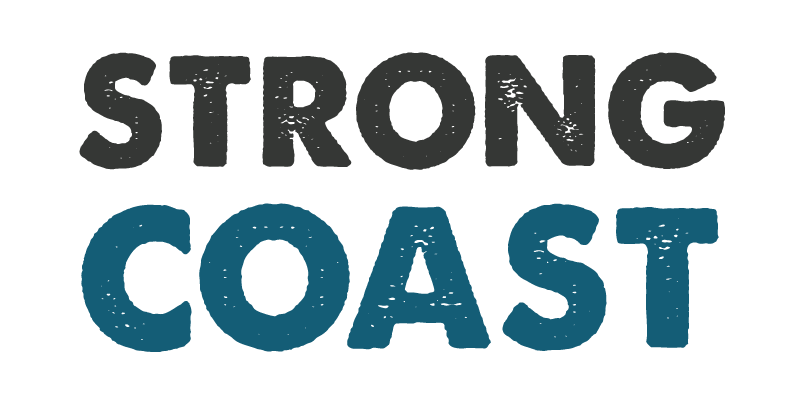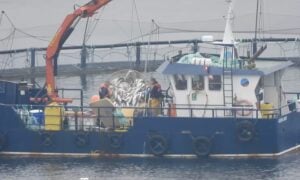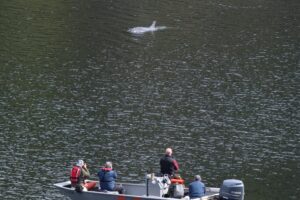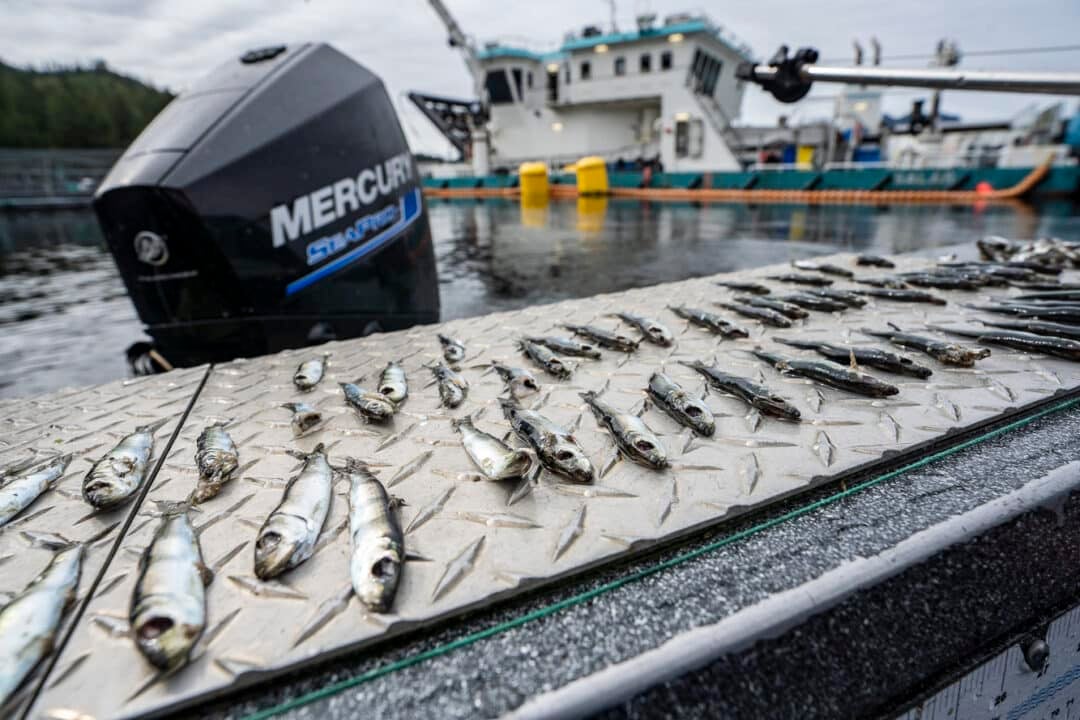
Fisheries and Oceans Canada (DFO) recently revealed that 817,000 wild fish, mostly herring, were killed in open net-pen Atlantic salmon farm operations in 2022. This number is almost five times the number reported in 2021 and over 20 times the number reported in 2020.
Cermaq Canada, a Norwegian fish farming conglomerate owned by Mitsubishi, is responsible for a significant number of these herring deaths through their farming activities in Clayoquot Sound on western Vancouver Island.
What Exactly is Killing the Wild Fish?
Fish farms are notorious for their lice problem. Because the farmed fish are kept in such high densities, parasite growth and transmission are greatly increased.
In an attempt to control the infestation, farms resort to “hydrolicing”, an indiscriminate, rough, and mechanical method used to delouse farmed fish en masse. A hydrolicer is essentially a barge that vacuums up the fish and power washes the lice off of them.
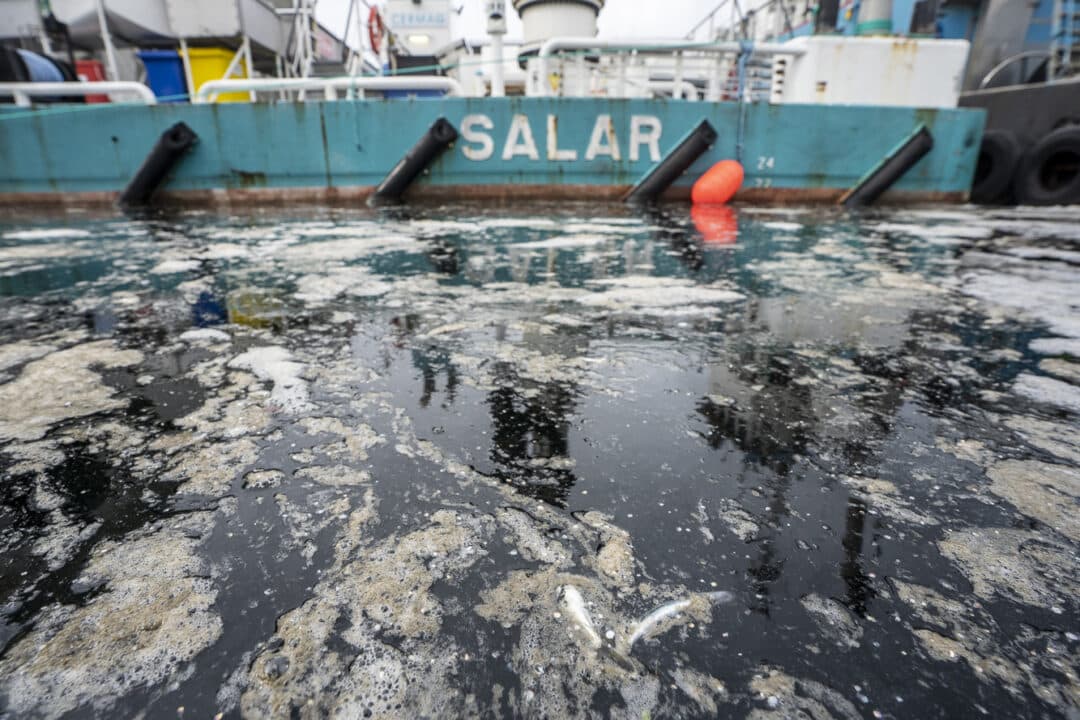
But because these farms are open net-pen farms, scores of wild fish have no choice but to navigate through them as they migrate or move about. This means that when “hydrolicing” commences, tons of wild fish, especially juveniles, get sucked up in the process and are killed. It’s a violent death.
In 2022, Dan Lewis, Executive Director of Clayoquot Action, and his team were monitoring one of Cermaq’s fish farms near Tofino and counted hundreds of dead herring in the vicinity on that day alone.
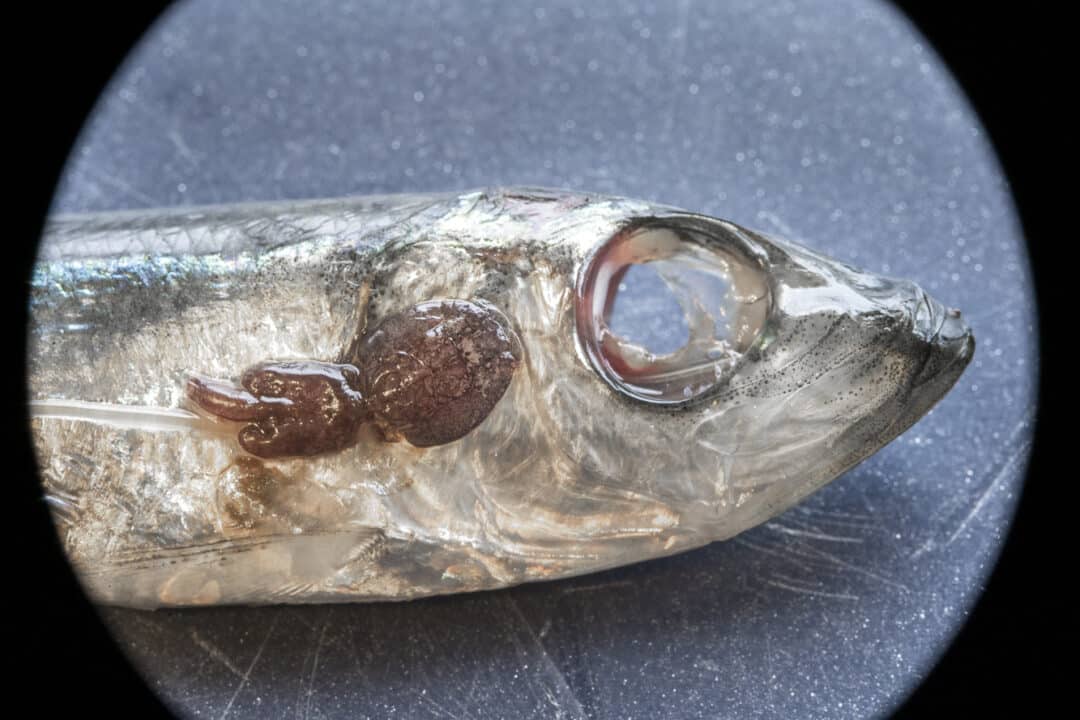
A Critical Juncture for Herring
As a keystone species in BC’s coastal food web and with four of the five major herring populations in BC having declined to historically low levels, herring are actually protected to some extent in BC.
In fact, there have been recent calls for a moratorium on herring fishing as experts warn of stock collapse, which has resulted in most commercial herring fisheries being closed in BC, including the west coast of Vancouver Island.
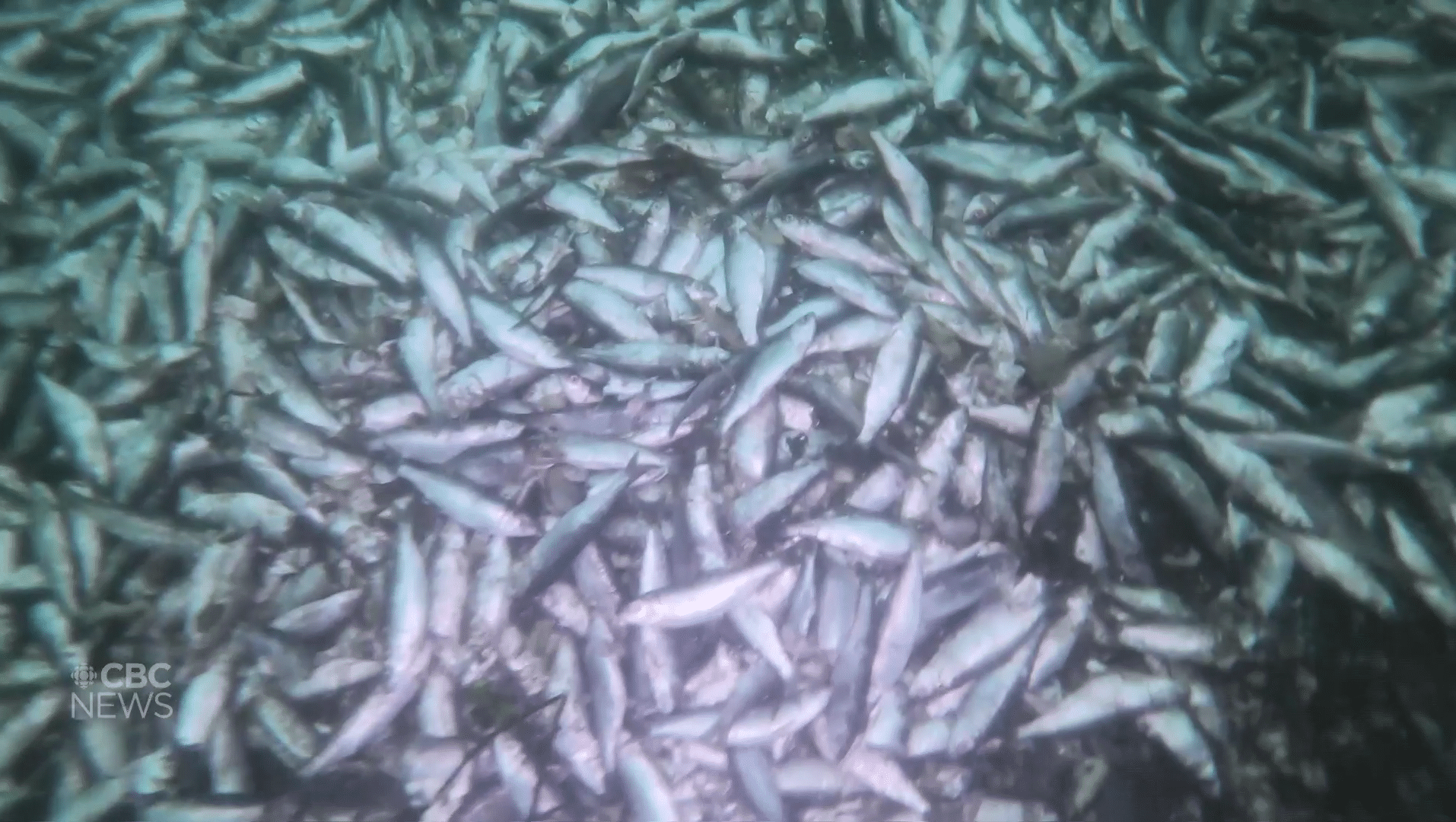
Repercussions for Wild Fish Deaths
The federal Fisheries Minister has promised to deliver a transition plan to remove salmon farms from BC waters by 2025. This plan, however, has been delayed as it was not released in the summer 2023 as originally planned.

Will the government hold their promise and take action? If the current trajectory continues, we can only expect herring deaths to increase every year. BC’s herring population – and the ecosystem that relies on them – is running out of time.
Read this Skeena article for more information.
